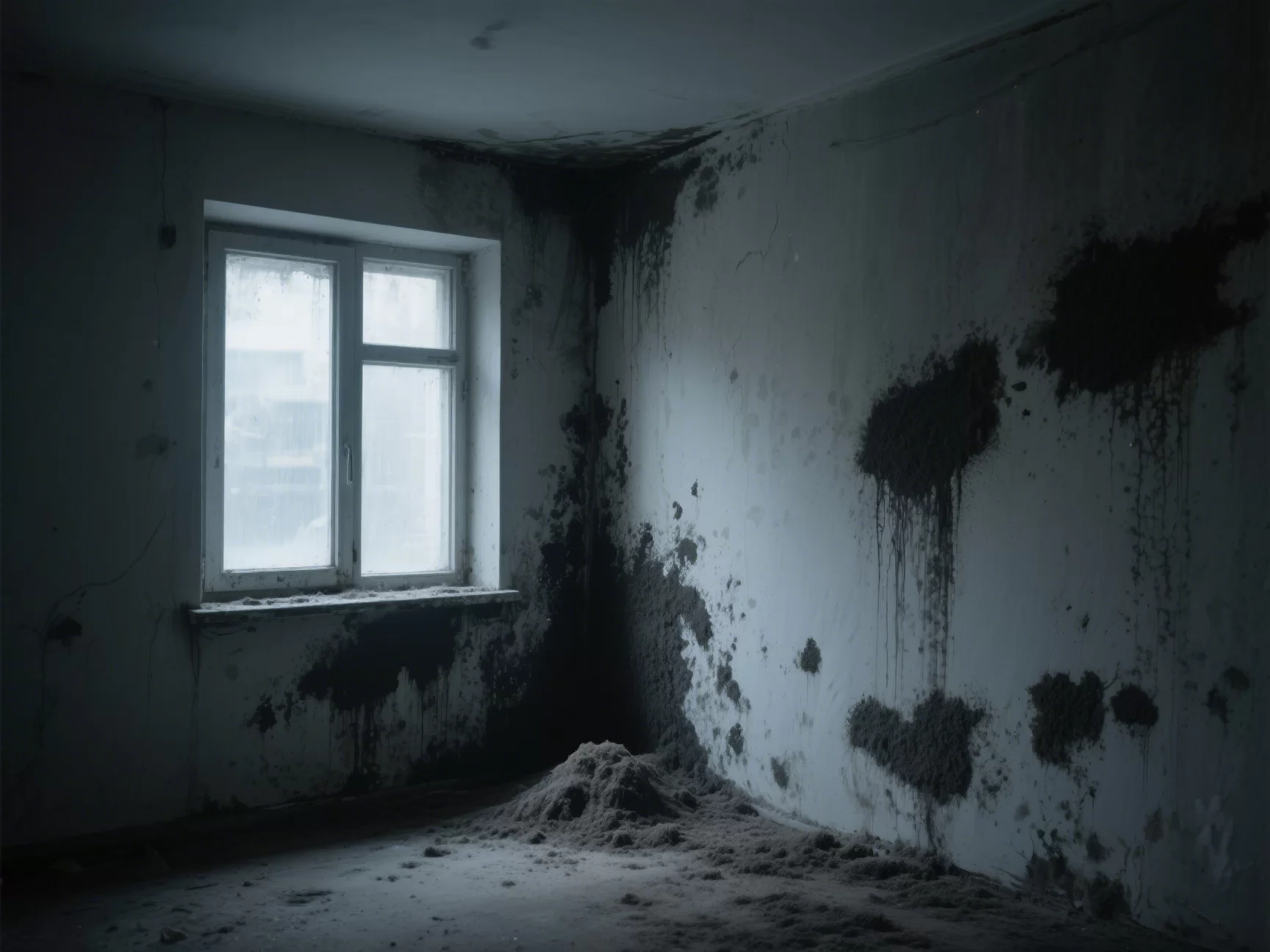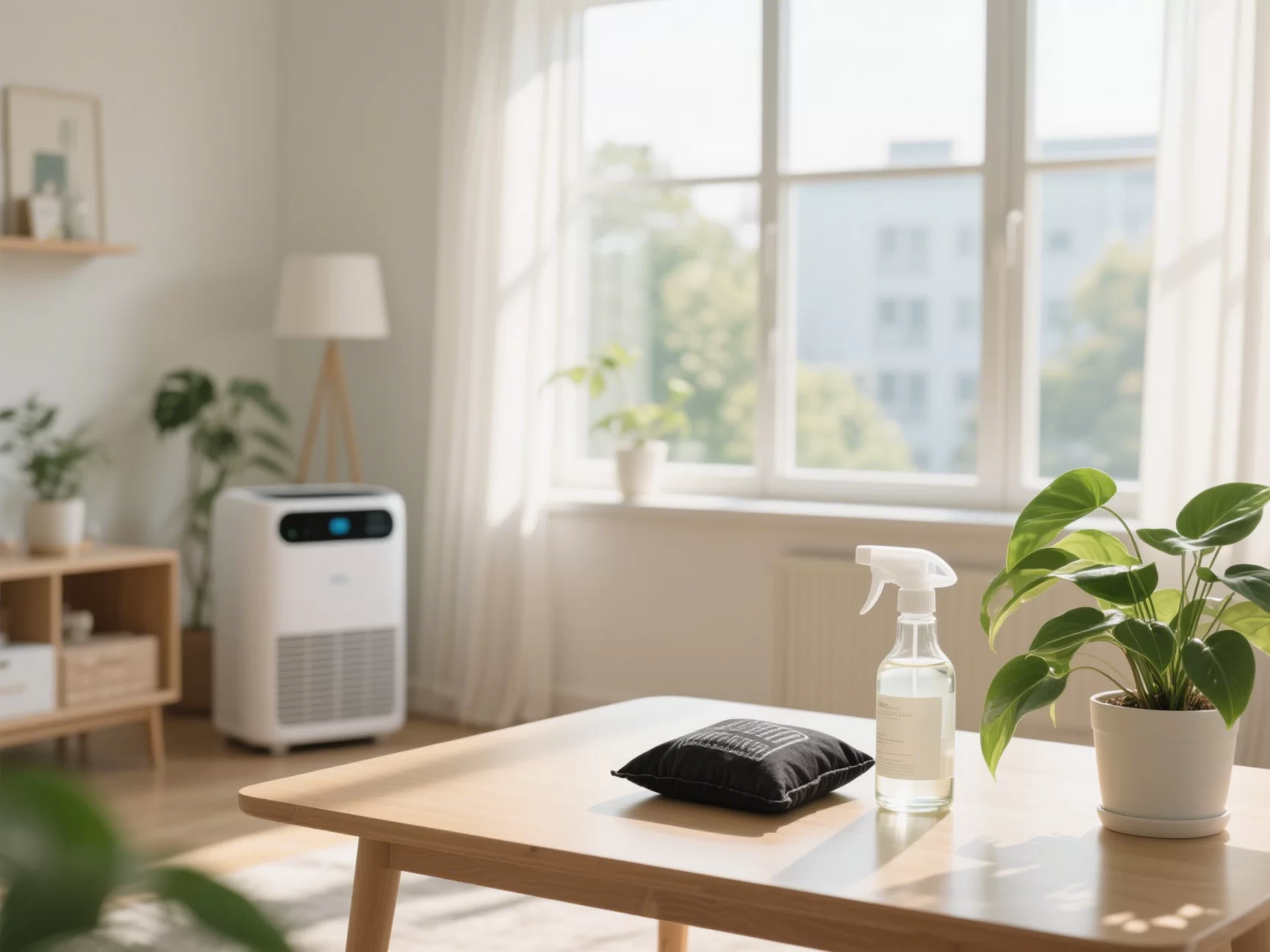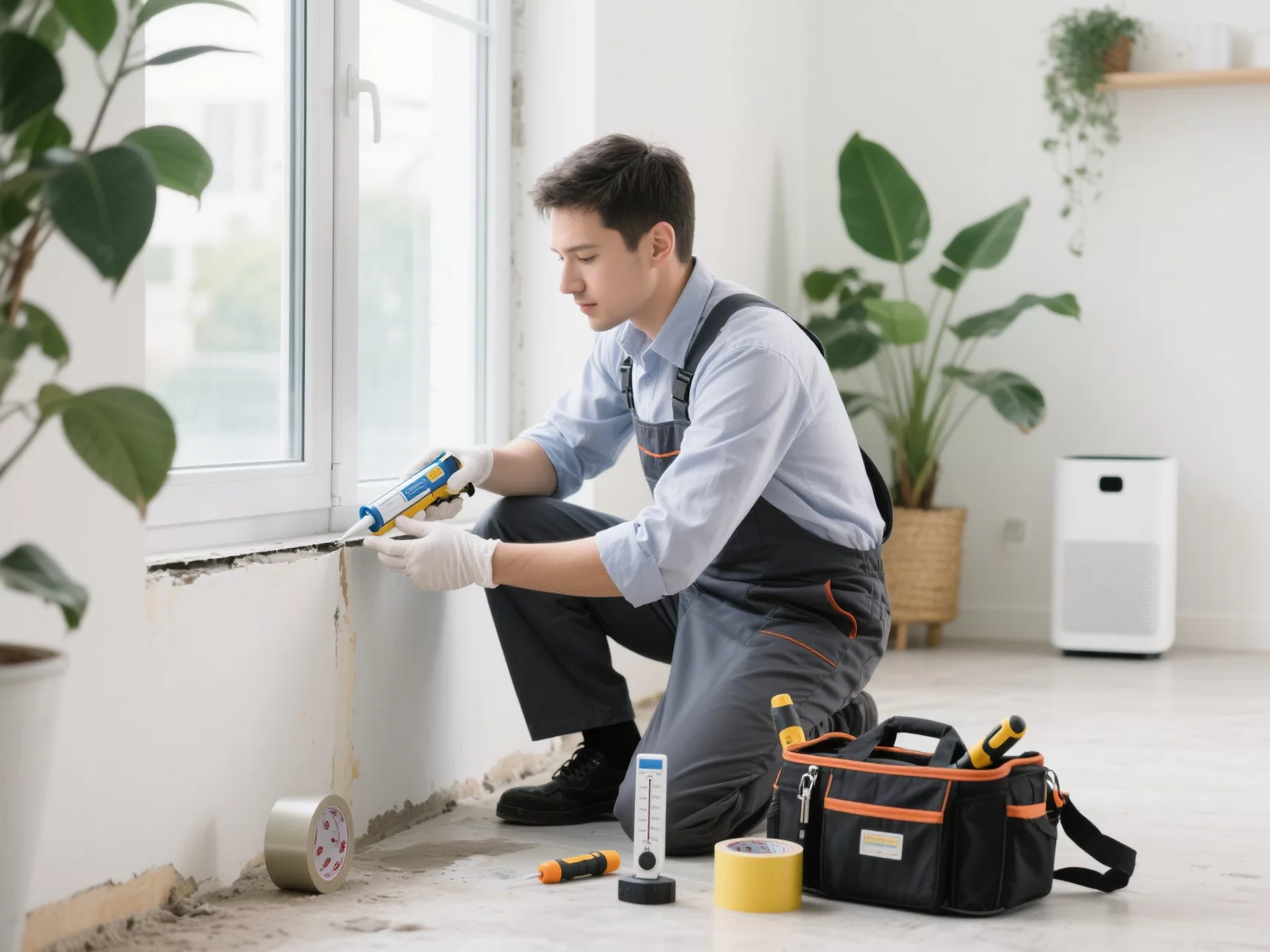Understanding the Musty Smell in Apartments
A musty smell in an apartment can quickly turn a cozy space into something that feels damp, dirty, or just downright unpleasant. These odors aren’t just annoying—they could signal a deeper issue with moisture, mold, or poor ventilation. Let’s explore what causes them and how to spot the early warning signs.

What Causes a Musty Smell?
That stale, earthy smell often comes from mold and mildew growth. When moisture lingers in hidden places—behind walls, under carpets, or near poorly ventilated windows—it creates the perfect breeding ground for these fungi. Other common causes include:
- Leaky pipes or roofs
- Damp basements or crawlspaces
- Poor ventilation or air circulation
- Humid weather trapping moisture indoors
- Old carpeting or upholstery that has absorbed moisture
Common Signs You Shouldn’t Ignore
You might not see mold right away, but your nose might alert you first. Other signs that accompany musty odors include:
- Condensation on windows or walls
- Discolored patches on walls or ceilings
- Increased allergy symptoms or respiratory issues
- A general feeling of “heaviness” in the air
Health Risks of Musty Odors
If you’re brushing off the smell as “just old apartment stuff,” you might be risking more than inconvenience.
Mold and Mildew Exposure
Mold spores, especially black mold, can become airborne and enter your lungs. Over time, this exposure can lead to health issues, especially for:
- Children
- Elderly individuals
- People with asthma or other respiratory conditions
Respiratory Issues & Allergies
Constant exposure to musty air may trigger symptoms like:
- Sneezing and coughing
- Itchy or watery eyes
- Difficulty breathing
- Fatigue or headaches
Where to Check for the Source
Before you can fix the issue, you’ve got to find it. Here are some sneaky spots to investigate:
Hidden Mold in Walls and Ceilings
Even small leaks can cause major mold buildup behind drywall. Use a moisture meter or thermal camera to spot problem areas without tearing everything down.
Damp Carpets and Flooring
Spills, pet accidents, or high humidity can turn your carpet into a mold trap. Don’t forget to lift the edges and check underneath.
Poor Ventilation Areas
Closets, bathrooms, and storage spaces are often musty hotspots. If air isn’t circulating, moisture stays trapped.
Quick Fixes to Eliminate Musty Smell Immediately

Want the fastest way to breathe easy? Try these quick wins:
Open Windows & Use Exhaust Fans
Fresh air works wonders. Keep windows cracked or use fans to push stale air out and bring fresh air in.
DIY Natural Deodorizers
- Baking soda: Place bowls around the apartment to absorb odors.
- Activated charcoal: A powerful odor neutralizer.
- Essential oils: A few drops of tea tree or eucalyptus oil can freshen the space and fight mold.
Air Purifiers & Dehumidifiers
These devices remove moisture and clean the air. Choose a HEPA filter model for best results.
Deep Cleaning Techniques for Persistent Odors
Sometimes, surface-level fixes aren’t enough. If that musty smell keeps coming back, it’s time to roll up your sleeves and deep clean your apartment.
How to Deep Clean Walls, Floors & Furniture
Musty smells often cling to porous surfaces. Here’s how to break them down:
- Walls: Use a mix of vinegar and warm water to wipe down painted surfaces. For mold, apply hydrogen peroxide directly to the spot and scrub with a sponge.
- Floors: Mop hardwood or tile floors with an antimicrobial cleaner. For carpets, use a steam cleaner with an enzyme-based solution.
- Furniture: Upholstered items can harbor odors. Sprinkle with baking soda, let sit overnight, then vacuum thoroughly. For deep-set smells, consider professional cleaning.
Cleaning with Vinegar & Baking Soda
These pantry staples are odor-fighting champions.
- Vinegar spray: Mix equal parts water and white vinegar in a spray bottle and mist over affected areas. It naturally kills mold spores and neutralizes odor.
- Baking soda: Works well on carpets, furniture, and even shoes. Let it sit for at least 15 minutes before vacuuming.
Preventing Musty Smells in the Future
Once your apartment is fresh again, it’s all about keeping it that way.
Regular Cleaning Tips
- Vacuum carpets and rugs weekly.
- Wash curtains and upholstery monthly.
- Wipe down surfaces to prevent moisture buildup.

Improving Indoor Airflow
Good airflow means less humidity and fewer chances for mold to grow.
- Keep closet doors open occasionally.
- Use ceiling fans in both directions to circulate air.
- Keep air vents clear and unblocked.
Sealing Leaks and Cracks
Water intrusion is a major cause of musty smells. Check for:
- Leaky faucets or pipes
- Cracks around windows or doors
- Gaps in tile grout or shower caulking
Seal these up with weatherproof tape or caulk to stop moisture in its tracks.
When to Call a Professional
Sometimes the issue is too big to handle alone. Knowing when to seek help can save your health—and your security deposit.
Signs of Serious Mold Problems
- Large patches of visible mold
- Soft or warped drywall
- A musty smell that never goes away
- Increased allergy symptoms in the home
Benefits of Mold Inspection Services
Certified mold professionals can:
- Test for toxic mold types
- Locate hidden infestations
- Recommend safe removal and remediation
- Provide documentation for landlord or insurance claims
Conclusion: Breathe Fresh and Stay Healthy
Living with a musty smell in your apartment doesn’t have to be your new normal. From identifying hidden mold to taking proactive cleaning and ventilation steps, you can restore your space to a healthy, fresh-smelling home. Whether you go the DIY route or call in the pros, the key is to act quickly and consistently. Your nose—and your lungs—will thank you!
FAQs
1.What’s the fastest way to get rid of a musty smell?
Open all windows, run exhaust fans, use a dehumidifier, and place bowls of baking soda or activated charcoal around your apartment.
2.Can musty odors make you sick?
Yes. Musty odors caused by mold or mildew can lead to respiratory issues, allergies, and long-term health effects—especially for sensitive individuals.
3.Does an air purifier really help with smells?
Absolutely. Air purifiers with activated carbon filters can trap odor-causing particles and improve overall air quality.
4.How can I remove smell from carpet and furniture?
Sprinkle baking soda on the surface, let it sit overnight, then vacuum. For deeper odors, consider steam cleaning or hiring professionals.
5.Is it the landlord’s responsibility to fix mold issues?
In most cases, yes—especially if the mold is due to structural problems or water leaks. Document the issue and contact your property manager promptly.
6.How do I know if the smell is from mold or mildew?
Mildew is usually grayish and found on surfaces like tiles. Mold is darker (often black or green), grows deeper into materials, and smells stronger and earthier.
